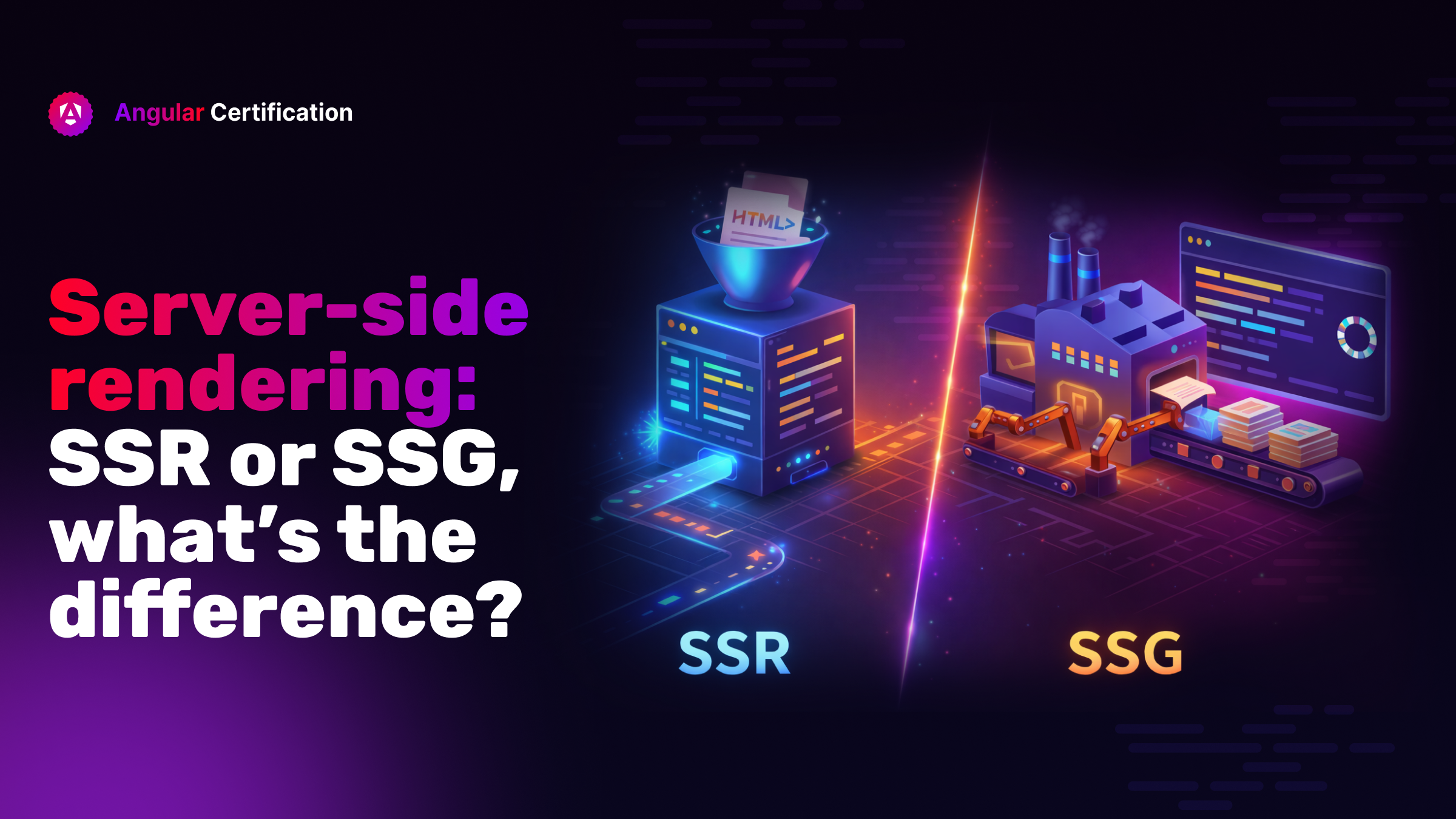
Special Nuxt Features on an opt-in basis
Extra Nuxt config options that go further and could help unlock new possibilities.
Reza Baar
November 24, 2025
Nuxt is configured with sensible but extendable defaults. The nuxt.config.ts file supports an opt-in features namespace to enable or disable specific runtime behaviors, alongside a future namespace to adopt upcoming framework defaults and experimental multi-app support. It is located at the root of a Nuxt project and can be used to add custom scripts, register modules or change rendering modes.
In this article, we’re going to check some “extra” options that go further and could help unlock new possibilities.
Features
The features block controls optional runtime behaviors in your application:
devLogs
- Streams SSR server logs to the browser during development.
- Default: true in dev
- Can be set to 'silent' to suppress logs
export default defineNuxtConfig({
features: {
devLogs: true // | 'silent'
}
})
inlineStyles
- Inlines component CSS into rendered HTML (Vite only).
- Default: (id) => id.includes('.vue')
- Can be set to false or a callback for per-component control
export default defineNuxtConfig({
features: {
inlineStyles: false // | (id) => boolean
}
})
noScripts
- Disables injection of Nuxt client scripts and JS resource hints.
- Options:
- true or 'production' – disable in production
- 'all' – disable in both dev & prod
- false – leave enabled
export default defineNuxtConfig({
features: {
noScripts: true, // or 'production' | 'all' | false
},
})
Future
Enable upcoming defaults and experimental core changes under future:
compatibilityVersion
- Opt into defaults of a future major release (e.g., v5)
export default defineNuxtConfig({
future: {
compatibilityVersion: 5
}
})
multiApp
- Early access to experimental multi-app support within a single Nuxt instance
export default defineNuxtConfig({
future: {
multiApp: true
}
})
Experimental Features
asyncContext
- Enables native async context to be accessible for nested composables in Nuxt and Nitro, reducing "Nuxt instance is unavailable" errors
export default defineNuxtConfig({
experimental: {
asyncContext: true,
},
})
buildCache
- Caches Nuxt build artifacts based on a hash of the configuration and source files for faster rebuilds
export default defineNuxtConfig({
experimental: {
buildCache: true,
},
})
cookieStore
- Enables CookieStore support to listen for cookie updates and refresh useCookie ref values:
export default defineNuxtConfig({
experimental: {
cookieStore: true,
},
})
purgeCachedData
- Nuxt will automatically purge cached data from useAsyncData and nuxtApp.static.data to prevent memory leaks. But you can decide to clean up Nuxt static and asyncData caches on route navigation.
export default defineNuxtConfig({
experimental: {
purgeCachedData: false, // enabled by default
},
})
More certificates.dev articles
Get the latest news and updates on developer certifications. Content is updated regularly, so please make sure to bookmark this page or sign up to get the latest content directly in your inbox.

Server-side rendering: SSR or SSG, what’s the difference?
This is a clear breakdown of SSR (Server-Side Rendering) vs SSG (Static Site Generation) in Angular—explaining how they work, key differences like runtime vs build-time rendering, hydration behavior, server requirements, and how to choose the right strategy per route.
Alain Chautard
Feb 26, 2026

React Docs Refresh: useActionState and useOptimistic
The React docs for useActionState and useOptimistic have been rewritten with clearer naming, new interactive sandboxes, and patterns from simple pending states to shopping carts with error recovery. Here's what changed and why it matters.
Aurora Scharff
Feb 24, 2026

JavaScript Mistakes That Quietly Destroy Production Apps
Some JavaScript mistakes don’t crash your app, they slowly degrade performance, reliability, and user trust. Here are the ones that cost the most in production.
Martin Ferret
Feb 19, 2026
Looking for Certified Developers?
We can help you recruit Certified Developers for your organization or project. The team has helped many customers employ suitable resources from a pool of 100s of qualified Developers.
Let us help you get the resources you need.

(a Cisco company)